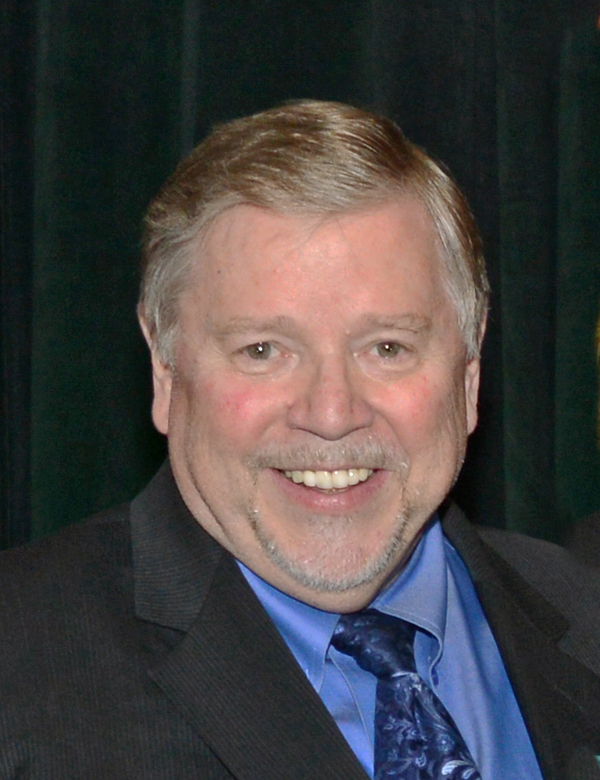
It is interesting how language grows and changes. As I consider some of the things I want to comment on in this column, I am aware that, right or wrong under certain strict rules of grammar or syntax (no that’s not the tax you pay for booze) if a large enough group of people adopt a way of communicating those changes to the ‘pure’ language, they may end up in common use, correct or not (the misuse of the word “less” for example).
Case in point: I was surprised to discover that the word ‘Factoid,’ which many of us understand to be a small bit of information, a simple fact, is in fact not so. The true definition is “a brief or trivial item of news or information” – so far so good. But it goes on, “an assumption of speculation that is reported and repeated so often that it becomes accepted as fact.”
TV graphics often ‘present’ a snippet of information as fact (or assumed to be fact), under the title “Factoid” so it appears that it is making its way into general usage taking the first phrase of the definition above, rather than the second. Reader Beware!
The next couple of phrases don’t come close to being factoids, but they are phrases in common and incorrect use, never-the-less. When you hear someone say, “I could care less” meaning that they could not care less, is one of those strange adaptations. The correct phase is “I couldn’t care less.”
The second phrase for your consideration is where someone has inserted a word that sounds like it belongs because they haven’t heard the correct phrase. “For all intensive purposes,” has evolved out of the phrase, “for all intents and purposes” which means “in every practical sense.” What the heck are “intensive purposes” anyway?
Similarly, people who use the words “could of” and “should of” can be forgiven for not realizing the proper words here are contractions of the words “could have” and “should have” specifically, could’ve and should’ve. They sound the same. I think these confusions come from words “heard” in conversations. Readers would likely know the difference. Unfortunately, fewer of us read anymore.
Turn-about is fair play: From the folks who invented the English language comes a syntactical reversal that is both amazing and amusing. Recently I was watching the British program “Earth” where the narrator described a giant sheet of ice as a glass-ee-ur, which cut a large swaythe across the landscape. I learned that a single consonant between two vowels should produce the native sound of the first vowel, thus the word glacier should be pronounced glay-see-ur, just as we do, while the word swathe having the vowels separated by two consonants would change the ‘ay’ sound to ‘ah’, thus, swah-the. Curious turnabout, that.
Consider this: Recently a friend of mine, describing the meal about to be prepared commented that the main course was in the freezer and needed time to unthaw. I think it’s hilarious. Probably it would be more appropriate to ensure that the ice cream for desert remained unthawed instead.
I leave you with the request overheard at the lumber yard not long ago: “Can I get this in Monogamy?” I suspect that the answer was that it only came in singles!
Have a good week!













